The Faculty of Veterinary Medicine collaborates with the Indonesian Veterinary Association branch Bali and Bakas Village to form a Rabies Response Pilot Village
As a form of seriousness in contributing to the rabies problem in Bali, namely in stopping the spread of rabies, the Faculty of Veterinary Medicine, Udayana University and the Indonesian Veterinary Association (IVA) Bali Branch, and Bakas Village have agreed on the activity of establishing a rabies response pilot village, Tuesday 22 February 2022 at the Bakas Village Office, Banjarangkan District, Klungkung Regency. This activity is a follow-up activity after the inaugural meeting regarding the establishment of a rabies response example village. According to the Dean of the Faculty of Veterinary Medicine, Udayana University, Prof. Dr. drh I Nyoman Suartha, M.Si, "This joint agreement was carried out as a follow-up to the results of the previous initiation meeting with the Bakas Village Head". During this second meeting, which was also attended by the Head of Village (dusun) and Bendesa Adat Bakas, there was another presentation about the purpose of establishing a rabies response example village. In the agreement, the program that will be carried out in order to stop the spread of rabies is described is through a dog population management approach (Dog Management Population - DPM).
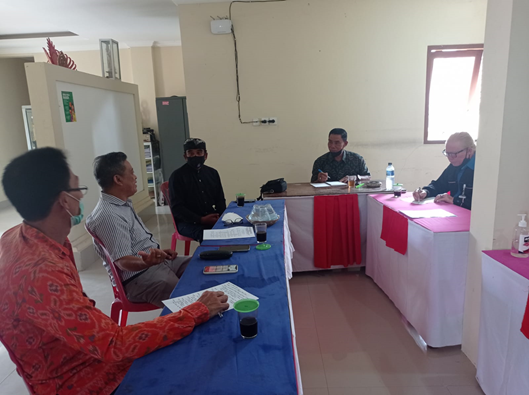
According to the Chairman of IVA Bali, Prof. Dr. drh. I ketut Puja, M.Kes., The aim of this program is (1) to encourage greater responsibility among dog owners for population management and the care and welfare of their respective animals. (2) Explore appropriate identification and registration systems and sustainable. (3) Ensure that stray dogs do not increase in population, (4) Limit the movement of roaming dogs, especially in certain areas where dogs cannot be tolerated (eg schools, markets and public parks). Furthermore, Prof. Nyoman Suartha said that the program that was designed would be beneficial for the community, and admittedly it was not easy to make changes for the better, it would require sacrifice and hard work. The most important thing is that we have the will to work together, especially the community, to free Bakas Village from rabies.
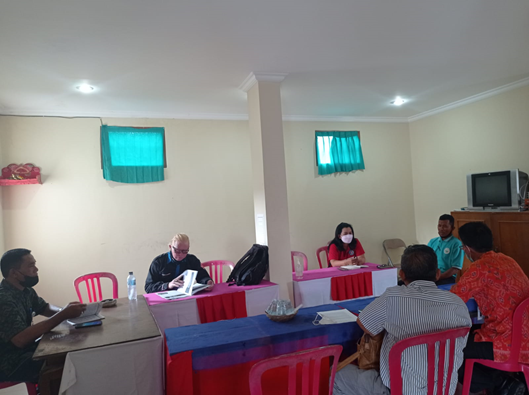
It is hoped that the rabies response village program will stimulate the ownership of pets, especially responsible and quality dogs. In his remarks, Bakas Village, represented by Perbekel I Wayan Murdana, S. Pd, expressed his gratitude and the community's readiness to accept this program and hoped that not only rabies but also other livestock diseases and could be carried out in a sustainable manner.
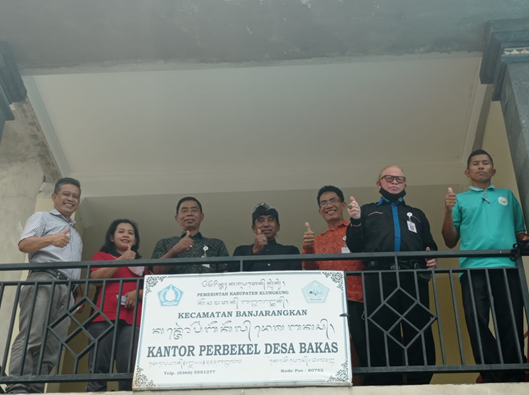
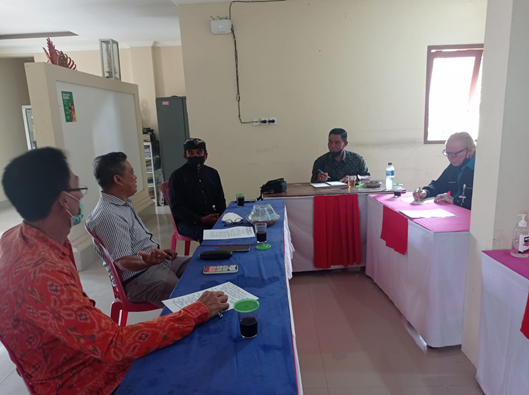
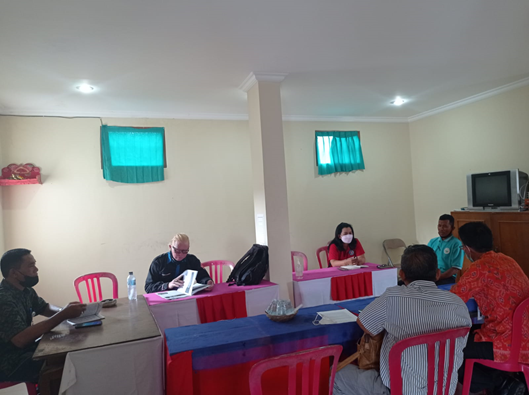
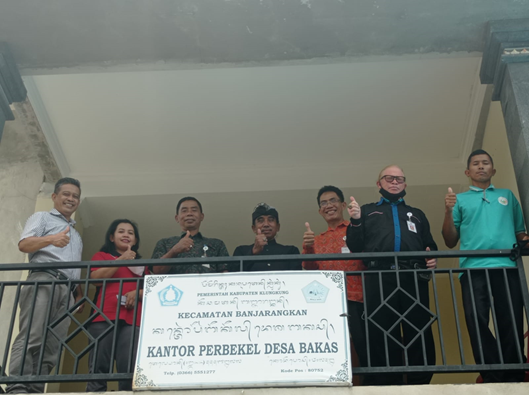

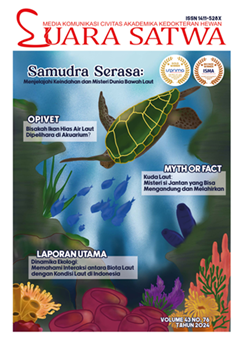

UDAYANA UNIVERSITY